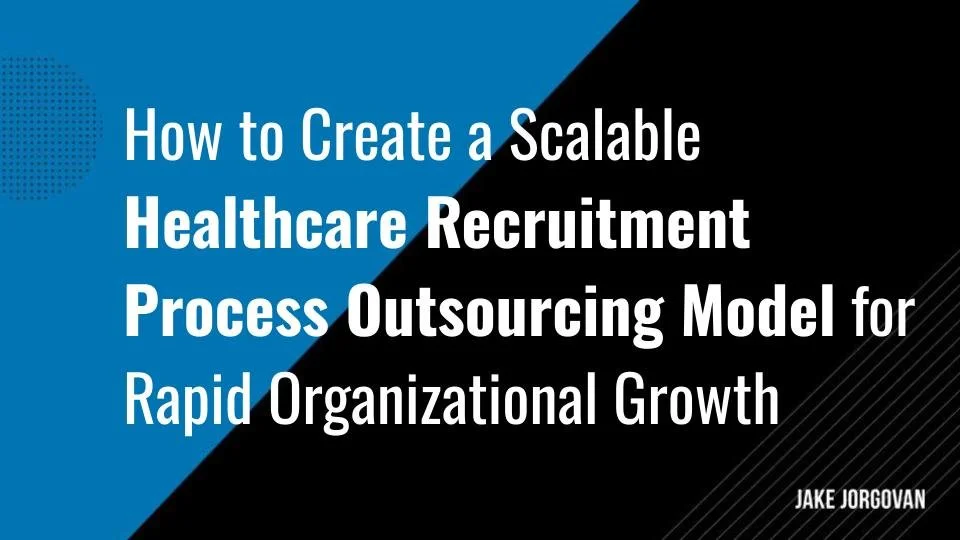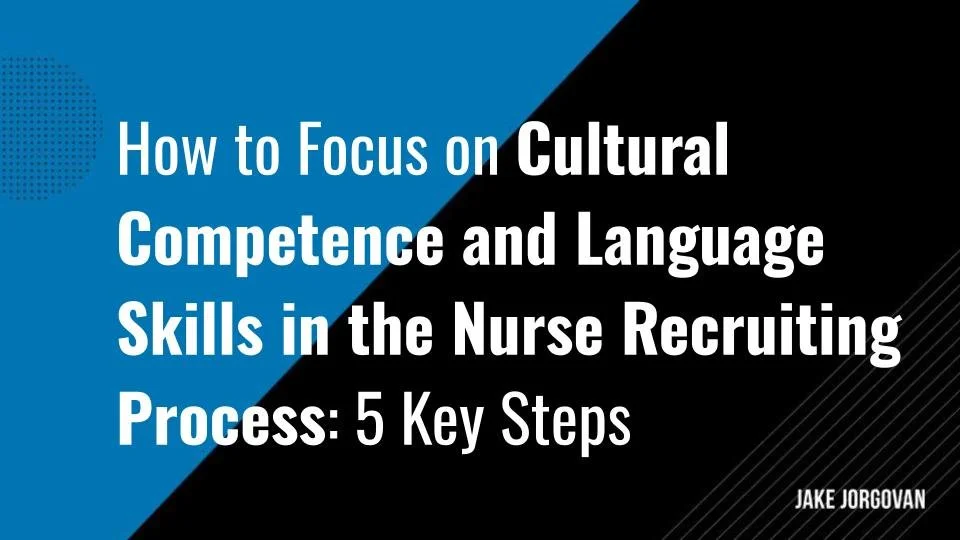15 Famous Doctors and Their Impact on Public Health
The work of a few remarkable doctors has shaped public health. These pioneers have transformed healthcare practices, saved countless lives, and left a lasting legacy.
Their contributions span infectious disease control, surgical advancements, and medical ethics. Each has had a profound impact on the way we understand and manage health crises.
In this article, we explore 15 famous doctors who have left an indelible mark on public health. We examine their achievements and the lasting influence they continue to exert on modern healthcare.
15 Doctors Who Revolutionized Public Health
1) Dr. Paul Farmer (1959-2022)
Primary Achievement: Co-founder of Partners In Health (PIH), Dr. Paul Farmer, was a global health advocate and medical anthropologist. His work primarily focused on delivering healthcare to underserved populations, particularly in Haiti, where he spearheaded projects that improved access to care for those living in extreme poverty.
Impact on Public Health: Farmer’s efforts revolutionized the idea that quality healthcare is a human right, irrespective of geographic or socioeconomic barriers. His advocacy for equitable healthcare access led to major policy changes, inspiring public health reforms in global health systems. Farmer’s work in controlling infectious diseases like tuberculosis and HIV/AIDS helped reduce mortality in some of the world's poorest regions, making healthcare more accessible and effective globally.
2) Dr. Gro Harlem Brundtland (b. 1939)
Primary Achievement: A physician and former Prime Minister of Norway, Dr. Gro Harlem Brundtland, served as Director-General of the World Health Organization (WHO) from 1998 to 2003. She led significant health initiatives, especially in tobacco control and sustainable development.
Impact on Public Health: Brundtland’s leadership at WHO increased the focus on non-communicable diseases (NCDs) and health risks from environmental factors, linking public health and sustainable development. Her work on the Framework Convention on Tobacco Control established the first international health treaty, reducing global smoking rates. Her vision also connected environmental and public health, encouraging nations to integrate health policies with climate action.
3) Dr. Atul Gawande (b. 1965)
Primary Achievement: A surgeon, writer, and public health researcher, Dr. Atul Gawande has made significant contributions to improving surgical outcomes and patient safety. His work in reducing errors in surgery through the introduction of checklists is widely regarded.
Impact on Public Health: Gawande’s implementation of the surgical checklist revolutionized operating room protocols worldwide, significantly reducing complications and deaths from surgeries. His research highlighted the gaps in modern medicine, promoting reforms in medical practice that prioritized patient safety, communication, and accountability. His work has broadly impacted health systems, making them safer and more effective.
4) Dr. Catherine Hamlin (1924-2020)
Primary Achievement: An Australian obstetrician and gynecologist, Dr. Catherine Hamlin, co-founded the Addis Ababa Fistula Hospital in Ethiopia. The hospital specializes in treating obstetric fistulas, a condition often suffered by women in low-resource settings due to prolonged labor.
Impact on Public Health: Hamlin’s pioneering work in fistula treatment provided life-saving care to tens of thousands of women in sub-Saharan Africa. She raised global awareness about maternal health and obstetric care in developing countries. Her hospital became a model for fistula repair, promoting the need for improved maternal healthcare systems in low-income nations.
5) Dr. Devi Shetty (b. 1953)
Primary Achievement: Dr. Devi Shetty is a world-renowned Indian cardiac surgeon and founder of Narayana Health, one of India's largest healthcare organizations. He has performed thousands of heart surgeries, many on children from poor backgrounds.
Impact on Public Health: Shetty revolutionized cardiac care in India by making high-quality, affordable healthcare accessible to the masses. His low-cost healthcare model has inspired similar systems globally, demonstrating that quality care can be affordable. His efforts in heart disease prevention and treatment have contributed significantly to improving public health outcomes in India and beyond.
6) Dr. Bernard Lown (1921-2021)
Primary Achievement: A cardiologist and peace activist, Dr. Bernard Lown, co-invented the defibrillator and helped develop the direct current defibrillation technique, which saved countless lives from sudden cardiac arrest.
Impact on Public Health: Lown’s medical innovations revolutionized emergency cardiac care, significantly reducing deaths from heart attacks. Additionally, his co-founding of Physicians for Social Responsibility helped raise awareness of nuclear war’s health hazards, illustrating the intersections of public health and global peace. His advocacy brought attention to health beyond traditional medical settings, focusing on the broader social determinants.
7) Dr. Paul Offit (b. 1951)
Primary Achievement: Dr. Paul Offit is a pediatrician and co-inventor of the rotavirus vaccine, which has saved millions of children’s lives globally by preventing severe gastroenteritis.
Impact on Public Health: Offit’s vaccine development significantly reduced child mortality rates from rotavirus-related diarrhea, particularly in developing countries. His broader work as a vaccine advocate helped combat misinformation about vaccines, emphasizing the importance of immunization in preventing infectious diseases and promoting public health on a global scale.
8) Dr. Tedros Adhanom Ghebreyesus (b. 1965)
Primary Achievement: The first African Director-General of the World Health Organization (WHO), Dr. Tedros Adhanom Ghebreyesus, has a long history of public health leadership, particularly in malaria and HIV/AIDS programs in Ethiopia.
Impact on Public Health: As WHO chief, Dr. Tedros has led global health responses to various crises, including Ebola and antimicrobial resistance. His advocacy for universal health coverage has emphasized the need for stronger health systems, equity, and access to care. His leadership during public health emergencies has helped mobilize global efforts to combat emerging health threats.
9) Dr. Donald A. Henderson (1928-2016)
Primary Achievement: Dr. Donald Henderson led the World Health Organization’s campaign to eradicate smallpox, one of the greatest public health achievements in history.
Impact on Public Health: Henderson’s successful leadership in the global smallpox eradication program saved millions of lives and eliminated a disease that had killed and maimed for centuries. This set the precedent for disease eradication programs, illustrating the power of coordinated global public health efforts. His work provided a model for future efforts, such as polio and measles eradication campaigns.
10) Dr. Groesbeck Parham (b. 1952)
Primary Achievement: Dr. Groesbeck Parham is a gynecologic oncologist known for his work in preventing and treating cervical cancer in Africa. He developed innovative programs to bring cervical cancer screening and treatment to low-resource settings.
Impact on Public Health: Parham’s efforts have brought life-saving cervical cancer screening and treatment to thousands of women in Zambia and other African nations. His work has lowered cervical cancer mortality rates, demonstrating the importance of integrating cancer prevention programs into public health systems in developing countries. His initiatives have empowered local healthcare workers and promoted sustainable healthcare solutions.
11) Dr. Aaron T. Beck (1921-2021)
Primary Achievement: Dr. Aaron T. Beck was a psychiatrist widely regarded as the father of Cognitive Behavioral Therapy (CBT), a psychological treatment that has become a cornerstone in treating mental health disorders such as depression, anxiety, and PTSD.
Impact on Public Health: Beck’s development of CBT has had a transformative effect on mental health care worldwide. By offering an evidence-based, structured approach to mental health treatment, he provided a therapy model that could be widely adopted, reducing the reliance on medication. This has led to improved mental health outcomes for millions, as CBT is now used extensively in public health settings, schools, and hospitals to address common mental health disorders, fostering resilience and well-being across populations.
12) Dr. Helen Rees (b. 1955)
Primary Achievement: Dr. Helen Rees is a South African physician and expert in reproductive health, vaccines, and HIV/AIDS. She is the executive director of the Wits Reproductive Health and HIV Institute and has been instrumental in global health policy.
Impact on Public Health: Rees has contributed significantly to the global fight against HIV/AIDS, particularly in advocating for better reproductive health services and vaccine programs in Africa. Her work has influenced vaccine distribution strategies and reproductive health policies in low-resource settings, making critical health interventions more accessible to vulnerable populations. She has strengthened public health systems through her leadership and shaped global health policy on vaccination, HIV prevention, and maternal health.
13) Dr. Sanjay Gupta (b. 1969)
Primary Achievement: Dr. Sanjay Gupta is a neurosurgeon and prominent medical journalist known for his ability to translate complex medical information for the public. As CNN’s chief medical correspondent, he has covered major public health crises and promoted health literacy.
Impact on Public Health: Through his extensive media presence, Gupta has increased public awareness of critical health issues, including stroke prevention and brain injuries. He has used his platform to educate people on various health topics, shaping public understanding of medicine and science. His role in reporting on major health events, including natural disasters, has helped communicate vital health information during crises, empowering individuals to make informed decisions and advocate for better public health policies.
14) Dr. Agnes Binagwaho (b. 1955)
Primary Achievement: Dr. Agnes Binagwaho is a Rwandan pediatrician and former Minister of Health. She played a critical role in rebuilding Rwanda’s healthcare system after the 1994 genocide and has been a leader in global health.
Impact on Public Health: Binagwaho’s leadership in Rwanda’s health care reform has been transformative, helping the country significantly improve life expectancy, child mortality, and access to healthcare. She implemented universal health coverage in Rwanda, ensuring that even the poorest citizens received medical care. Her innovative approaches to healthcare delivery and her focus on equity have set a model for other developing countries. Binagwaho’s efforts have demonstrated that comprehensive public health systems can be established even in resource-limited settings.
15) Dr. Mona Hanna-Attisha (b. 1976)
Primary Achievement: Dr. Mona Hanna-Attisha is a pediatrician and public health advocate best known for her work in exposing the Flint, Michigan, water crisis where Lead-contaminated water was poisoning residents, especially children.
Impact on Public Health: By bringing attention to the Flint water crisis, Hanna-Attisha sparked a national conversation about environmental health and the risks of lead poisoning in vulnerable communities. Her research and activism led to policy changes that improved water quality and health monitoring for Flint residents, particularly its children, who are most susceptible to lead exposure. Her work highlighted the intersection of public health, environmental justice, and advocacy, demonstrating the need for healthcare professionals to engage in broader societal issues to protect public health.
Making a Lasting Impact
The 15 doctors highlighted in this article have significantly shaped public health. Their groundbreaking work has advanced medical knowledge, improved healthcare systems, and saved lives.
Each of them brought unique innovations, from combating infectious diseases to advancing medical technology and promoting health equity. Their legacies continue to influence public health policies and practices today.
Studying their achievements allows us to better understand the evolution of healthcare and the critical role doctors play in global health. Their contributions serve as a reminder of the power of medical innovation in addressing public health challenges.
These doctors not only transformed medicine but also set the stage for future progress in healthcare.






























